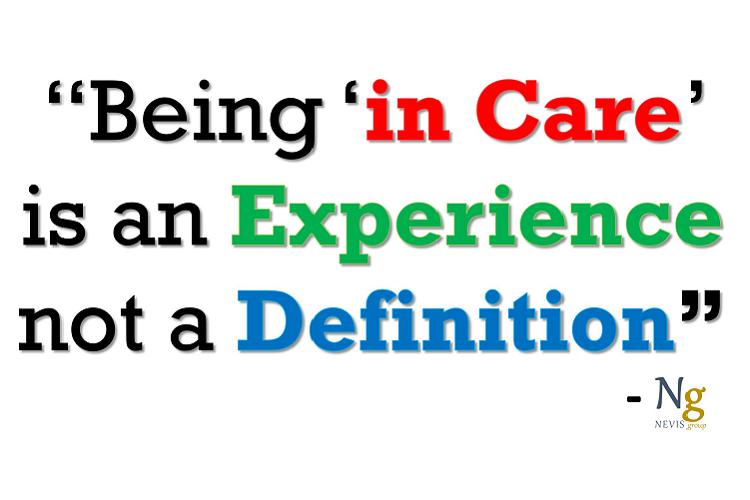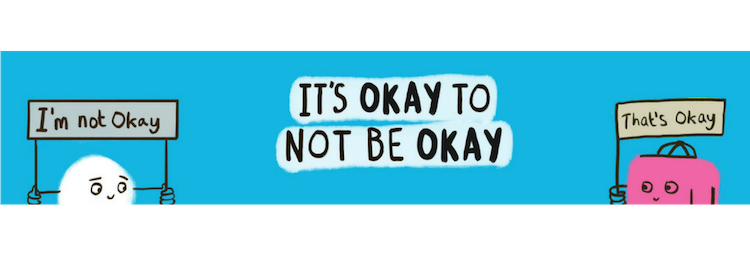Change the language of poverty
Chris Small from Children in Scotland explains how and why tackling stigma on poverty led to a new campaign for action to improve children's lives
Focus on: Stigma, language, perception, and representation: "Being 'in Care' is an experience not a definition"
















Focus on: Education and attainment of vulnerable children